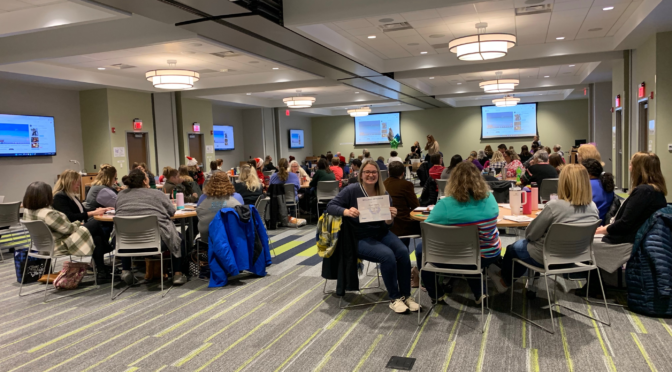The Nelson Institute is seeking proposals for a two-year grant that will fund interdisciplinary faculty-student research addressing a global issue of broad public importance. Deadline: Jan. 27, 2023.
Background
The purpose of this initiative is to enhance Drake’s direct involvement in addressing pressing global issues, thus helping position Drake as a “global knowledge hub” in service to local, national, and international communities.
Over the last several years, the Nelson Institute has funded the following projects. Visit our website here to learn more about these projects:
- Cross-cultural Community-based Strategies for Sustainable Urban Streams: Lessons from Des Moines and Jakarta.
- Exploring complementary approaches to combat global non-communicable diseases in India.
- Religions of Beijing book project with Minzu University of China in Beijing.
- Assessing, Collaborating, and Empowering to Improve Water Quality in Rural Uganda.
- Transnational Des Moines: Reframing Des Moines Immigrant and Refugee Narratives through Collaborative Research with Youth.
- Drake University’s Presence in the Toledo District of Southern Belize: Maximizing Our Impact While Minimizing Our Footprint.
Call for Proposals
One project will be funded for the period from February 1, 2023 – January 31, 2025. The Nelson Institute will provide $20,000-$30,000 in support of the selected project, depending upon demonstrated need. Project leaders are encouraged, if necessary, to seek additional funding from on- and off-campus sources.
How to Submit a Proposal
Send your proposal to the Nelson Institute Faculty Director, Professor Jimmy Senteza, by January 27, 2023.
The review committee typically consists of the Director of the Nelson Institute, the Executive Director of Global Engagement, two additional faculty representatives from the Global Engagement Advisory Committee (GEAC), and a staff member from the Sponsored Programs Administration and Research Compliance office. Award notification will occur by January 31, 2023.
Teams are encouraged to consult with the Director of the Nelson Institute as they prepare their proposals. The successful grant team will be expected to submit a formal progress report by January 31, 2024, and a final grant report by January 31, 2025.
Successful proposals will feature the following elements/criteria:
Explication of Research Topic
- A clear identification of the pressing global issue to be addressed and an explanation of its public significance.
- An exposition of the research objectives and methods related to the project.
- An explanation of how the project takes advantage of particular strengths Drake and the community bring to addressing the issue.
Identification of Interdisciplinary Research Team
- Commitments from an interdisciplinary faculty research team consisting of three or more faculty members (at least two of whom must be Drake affiliated). One or more Principal Investigators must be identified.
- Evidence that the team members possess the requisite qualifications to successfully carry out the project (please attach CVs).
- The project must involve two or more paid student research assistants with appropriate qualifications.
- The research may be joint or parallel (i.e., a single joint project or several individual projects that each address related aspects of a common theme).
Activities and Outcomes
- The project timeline will allow for completion of the primary research products within a two-year period.
- The project participants will engage in at least two team activities (e.g., summer campus workshop, international travel as a team, cooperative field work, etc.) during the grant period.
- Team members will collaborate with other campus entities (e.g., Principal Center for Global Citizenship, Humanities Center, DUSCI, the Harkin Institute, Engaged Citizen, etc.) to schedule co-curricular events (e.g., speakers, films, panel discussions, etc.) related to the theme during the two-year grant period.
- The project will plausibly lead to externalization in the form of publication, presentation(s) at a professional conference, submission as a report to relevant public or non-governmental bodies involved with policy-making, or other outputs of similar import.
- The student members of the grant team are expected to participate in the annual Nelson Conference held on campus each Spring. Additionally, we encourage organizing an on-campus conference related to the theme to be held during (or soon following) year two of the grant involving Drake faculty and students and relevant off-campus experts from academia, government or the professions.
Preferences
- Preference will be given to projects that draw upon connections with partners at the local, national, or international level (e.g., overseas university partner).
- Preference will be given to new projects that have not been funded in prior years by the Nelson Institute.
— Hannah Sappenfield, Global Engagement

